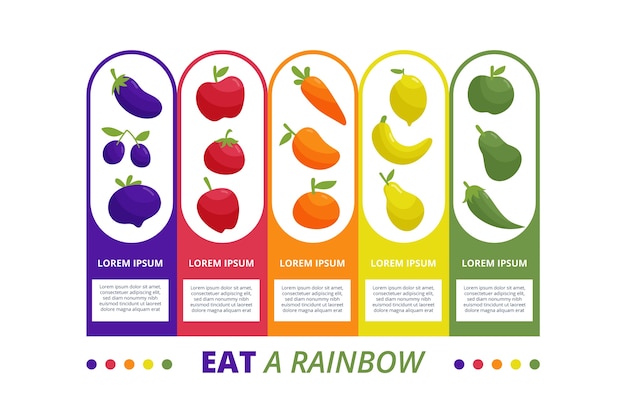Couscous Nutrition Facts

Couscous is a versatile grain that is packed with essential nutrients.
Did you know that couscous is a great source of dietary fiber?
Couscous is low in fat and calories, making it a healthy choice for weight management.
One serving of couscous provides a decent amount of protein, which is essential for muscle repair and growth.
A bowl of couscous is a delicious way to get a variety of vitamins and minerals, including B vitamins and iron.
Looking for a gluten-free alternative? Couscous made from maize is a fantastic option.
With its high antioxidant content, couscous can help boost your immune system and protect against oxidative stress.
Incorporating couscous into your diet is a great way to support a healthy digestive system.
Couscous is a filling grain that can help satisfy hunger and prevent overeating.
It’s easy to make couscous part of a balanced diet, as it pairs well with vegetables, proteins, and sauces.
Eating couscous regularly can contribute to a reduced risk of chronic diseases, such as heart disease and type 2 diabetes.
Couscous is a quick-cooking grain, perfect for busy individuals looking for a nutritious meal on the go.
By adding colorful fruits and vegetables to your couscous dish, you can create a visually appealing and nutrient-packed meal.
Swap refined carbohydrates with whole-grain couscous for a healthier and more satisfying option.
Couscous is a staple in Mediterranean cuisine, which is known for its health benefits and longevity.
Couscous Nutrition Facts part 2
Thanks to its mild flavor, couscous can easily adapt to both sweet and savory recipes.
Trying to increase your fiber intake? Opt for whole wheat couscous, which contains even more fiber than regular couscous.
Couscous is a great choice for vegetarians and vegans as it provides a good amount of plant-based protein.
Looking for a meal to fuel your workouts? Couscous is an excellent source of energy-boosting carbohydrates.
Couscous is a wonderful alternative to rice and pasta, adding variety to your meals.
Make your couscous dish even more nutritious by adding a variety of herbs and spices to enhance the flavor.
Couscous is a gluten-free option that individuals with celiac disease or gluten intolerance can enjoy.
With its low glycemic index, couscous helps regulate blood sugar levels, making it suitable for diabetics.
Couscous is an easy grain to cook, making it a great choice for beginner cooks.
Adding couscous to salads or as a filling in stuffed vegetables is a delicious way to incorporate it into your diet.
Couscous is a good source of magnesium, which plays a crucial role in maintaining healthy cardiovascular function.
Pairing couscous with seafood creates a nutritious and flavorful dish rich in omega-3 fatty acids.
Couscous can be used as a base for a variety of dishes, including stir-fries, grain bowls, and even desserts.
If you’re looking for a gluten-free alternative to pasta salad, couscous made from rice flour is a fantastic option.
Couscous is a budget-friendly grain that is widely available, making it accessible to people from various socio-economic backgrounds.
Adding colorful vegetables, such as bell peppers and carrots, to your couscous can increase its nutritional value and make it visually appealing.
With its high fiber content, couscous promotes healthy digestion and can help alleviate constipation.
Couscous is a filling and satisfying grain that can reduce cravings for unhealthy snacks.
If you’re watching your sodium intake, opt for low-sodium couscous or prepare it without added salt.
Couscous is a natural source of carbohydrates, providing long-lasting energy for your daily activities.
Mixing couscous with fresh herbs and a squeeze of lemon juice creates a refreshing and nutritious side dish.
Couscous is a quick and easy meal option for students or busy professionals looking to eat healthily on a tight schedule.
Did you know that couscous is made from semolina, which is a type of wheat? It’s a fun fact to share at dinner parties!
Couscous is a versatile grain that you can dress up with various ingredients, such as dried fruits, nuts, and spices, to create a unique flavor profile.
Couscous can be enjoyed warm as a side dish or cold in salads, making it a go-to grain for all seasons.
As an excellent source of complex carbohydrates, couscous provides a steady release of energy, helping you stay focused throughout the day.
Incorporating couscous into your diet can help support bone health, thanks to its calcium and phosphorus content.
Couscous is a popular ingredient in North African cuisine and has gained popularity worldwide due to its health benefits.
Looking for a meal that’s both nutritious and comforting? A warm bowl of couscous is the perfect choice.
Discover the deliciousness and nutrition of couscous by experimenting with different recipes and spices in your kitchen.

